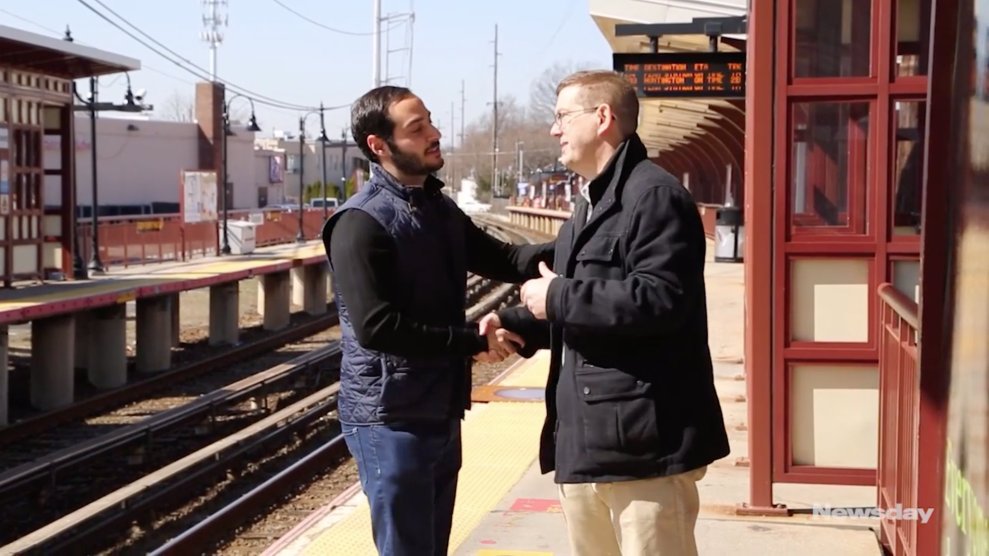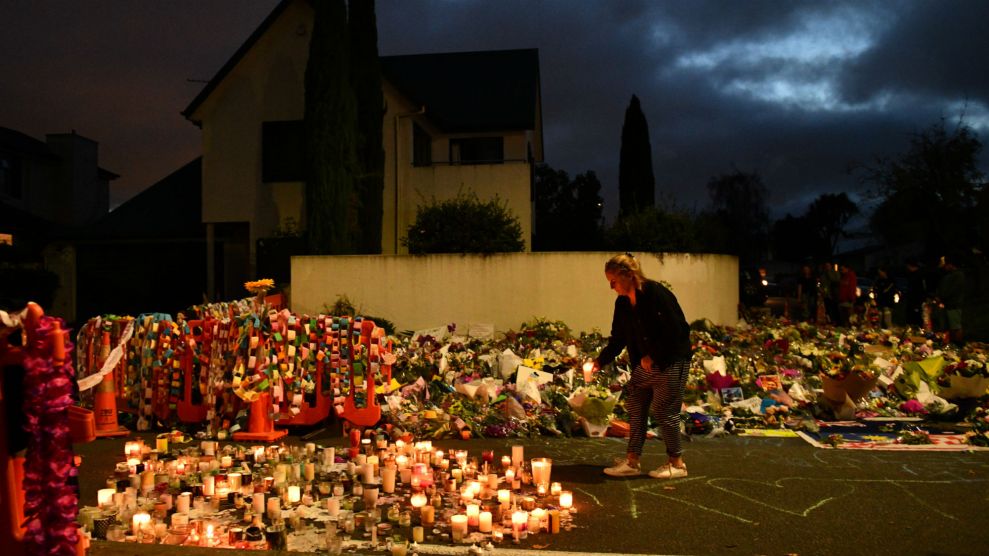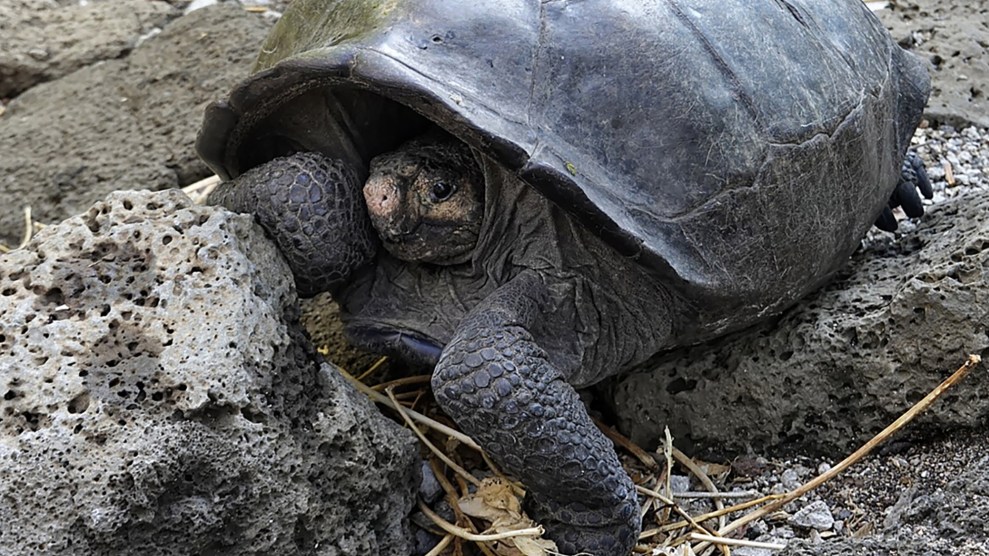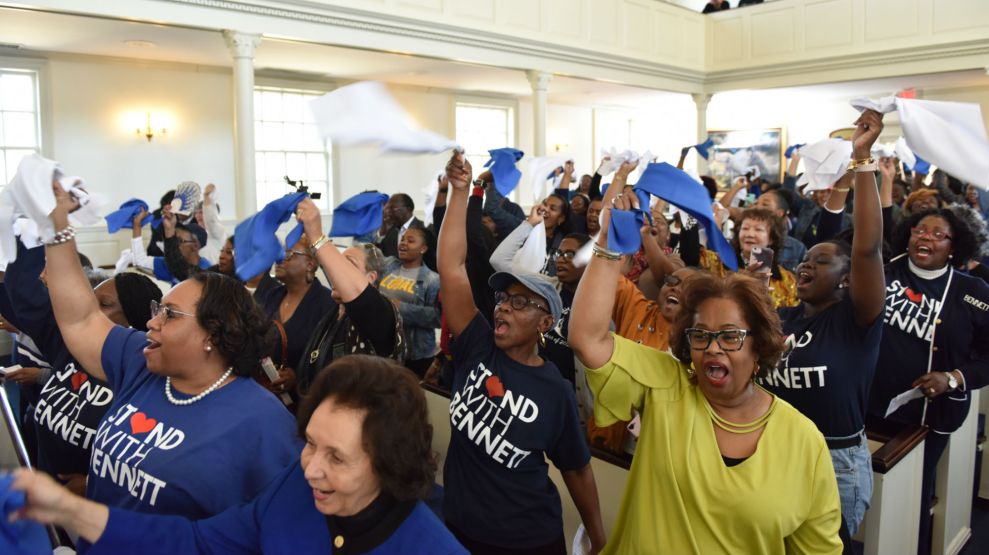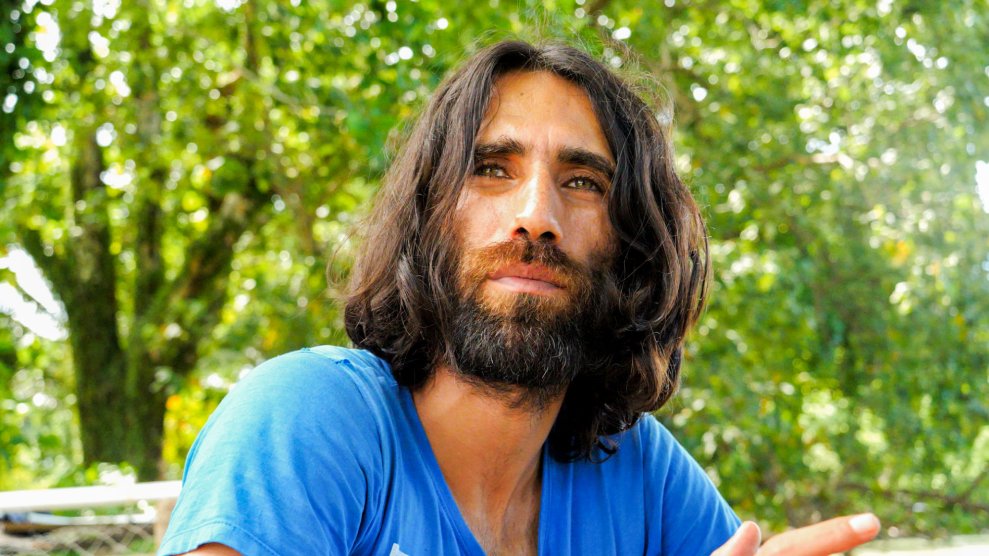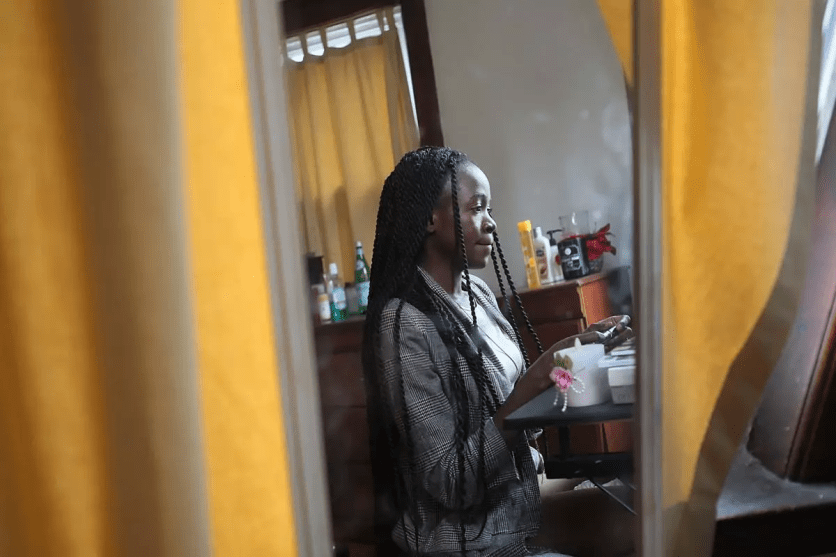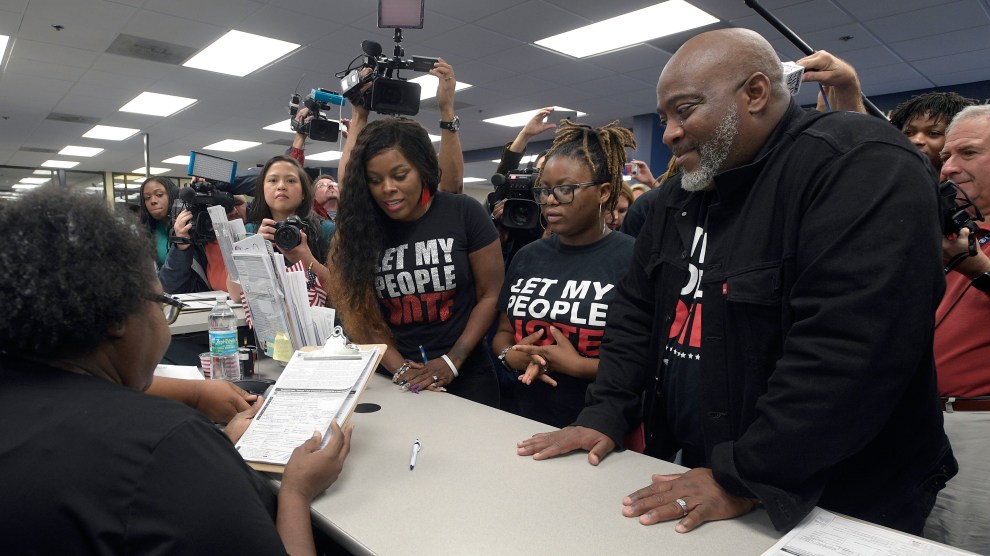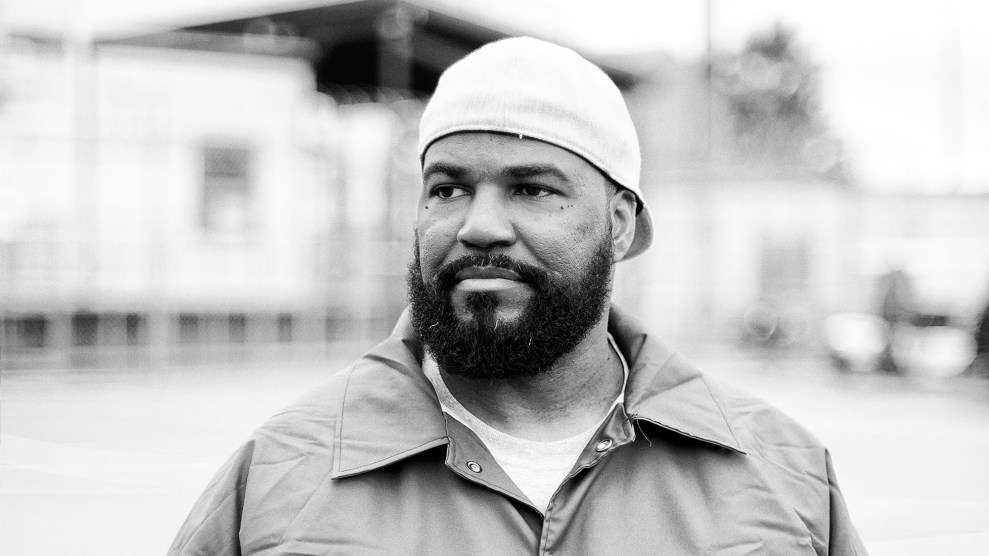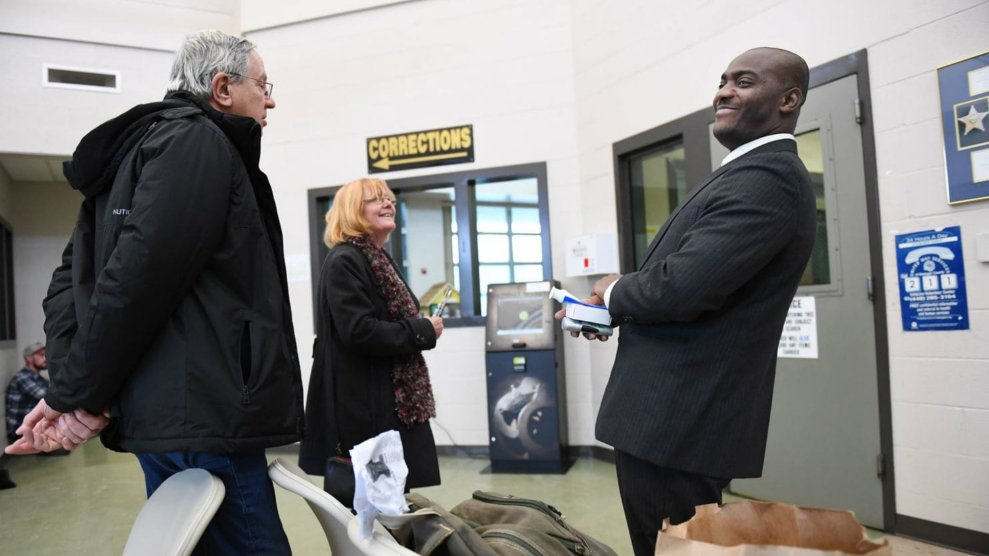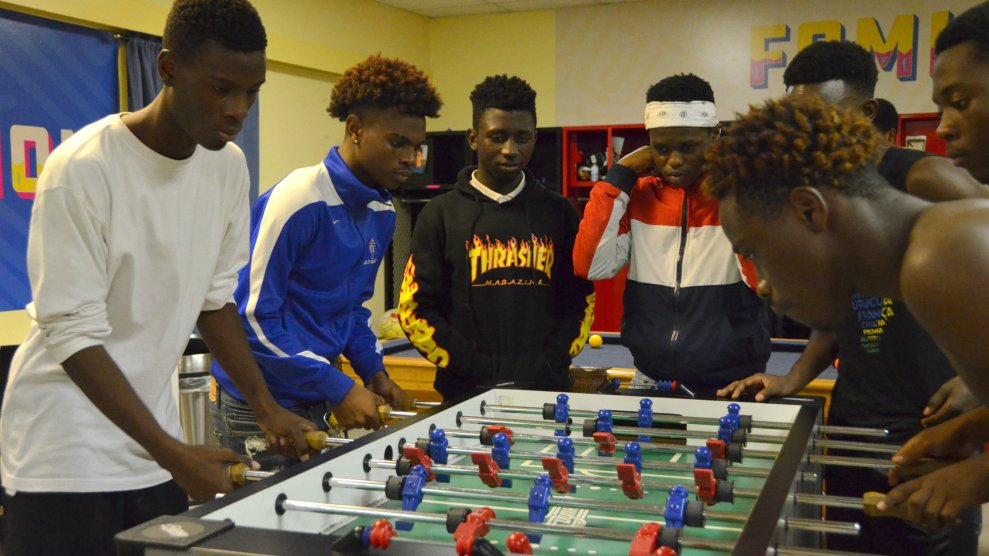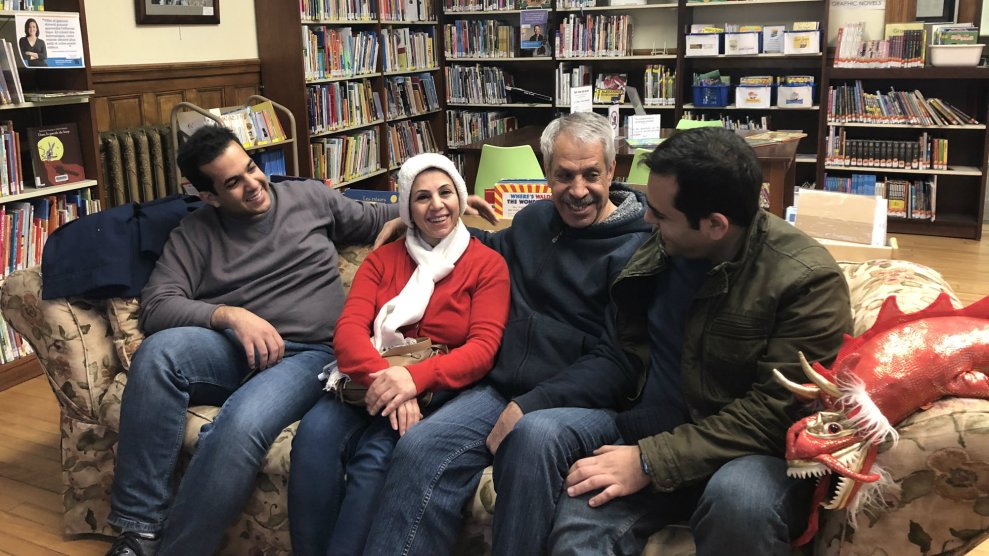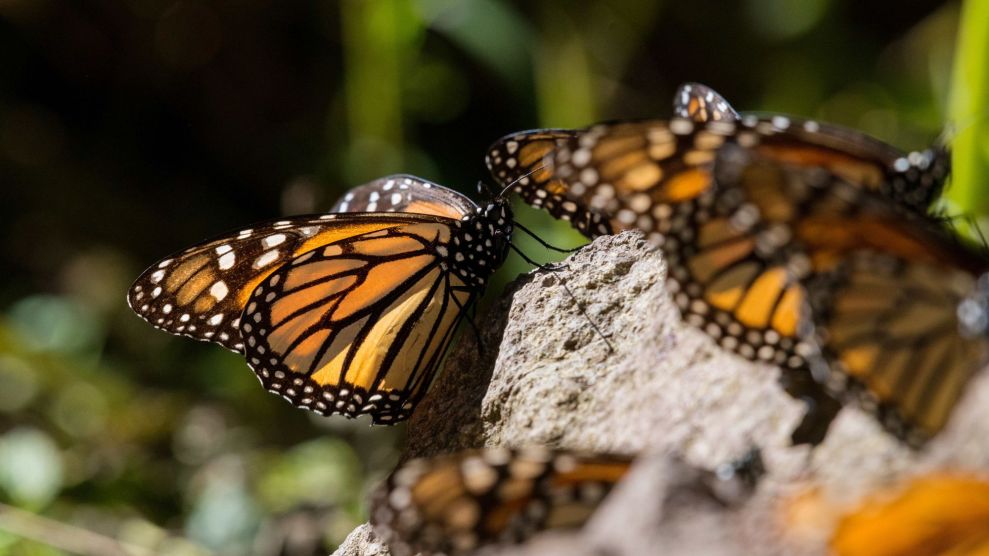
Monarch butterflies on a rock at the El Capulin Monarch Butterfly Biosphere Reserve in Macheros, Mexico.Richard Ellis/ZUMA
Welcome to Recharge, a weekly newsletter full of stories that will energize your inner hellraiser. See more editions and sign up here.
Tree by tree, Mexican scientists are planting the first stages of a new forest in the mountains of the country’s central Michoacan state. They’re taking saplings from oyamel fir trees further down the mountain and creating a new home for them higher up. Three and a half years ago, the first batch of transplanted trees were each seven inches tall. Now, thousands of saplings have grown, some up to four feet tall.
These trees are home to millions of eastern monarch butterflies who migrate there every winter, and in moving the forest, scientists are hoping they’ll be able to save the species and their habitat. Worldwide, the monarchs’ habitats have become increasingly endangered by herbicides, logging, and the storms and warming temperatures associated with climate change. The new forest, which researchers hope to replicate on nearby mountaintops, would replace lower-altitude forests that are getting too warm for butterfly hibernation. The trees create a cooler microclimate for the butterflies and protect them from chilly winter rains. The experiment is a form of “assisted migration” that is also happening with other plant and animal species in places such as Canada and in parts of the United States.
“It’s an idea that may sound radical,” forest geneticist Cuauhtemoc Saenz-Romero tells the Los Angeles Times. “But by the end of the century it may be absolutely needed.”
Mexican researchers and farmers are doing the transplanting, including Francisco Ramirez Cruz. A local 75-year-old farmer, he is helping to grow the saplings in a greenhouse and transplant them up the mountain. He says preserving the butterflies’ habitat will also help protect the tourism and timber on which many of his neighbors depend.
“In the early days, we didn’t know where they came from,” he says of the fluttering wonders. “But we have always been so happy to see them.”
Here are some other Recharge stories to get you through the week.
- Short story with your commute? Thanks to new vending machines at a British rail station, commuters have been offered a mental treat: A choice between one-, three-, and five-minute short stories, printed out for the trip. Riders seem to enjoy the three free vending machines, which were installed earlier this month at Canary Wharf in London, and the effort helps people get off their phones—for a bit. “Every single day,” says commuter Paresh Raichura, “I’m on the lookout for something new to read.” (The Guardian)
- An inspiring advance. Computer scientist Katie Bouman became an internet star last week when a photo of her in front of the first image of a black hole went viral. Trolls quickly descended, denigrating her effort and wrongly crediting a male colleague with the bulk of the discovery. MIT clarified that her contributions were significant to the project, inspiring the team’s methods to build the final image. Bouman’s work was part of a 200-member team effort, and in a Facebook post she emphasized: “No one algorithm or person made this image.” What can’t be denied is the infectious joy that Bouman brought to the moment, as seen in this video from Nature. (NBC News)
- The world rallies for Notre Dame. After the devastating fire in Paris this week, global leaders sang praises and offered prayers. Donors have pledged hundreds of millions of dollars to help rebuild. And when the fire topped its iconic spire and destroyed much of its roof, students and others took to the streets Monday night to serenade the famous cathedral, whose altar and famous bell tower still stood. “Honestly, it’s more moving than I could describe,” tweeted one visitor, who shared a video of the singing procession. France’s US ambassador thanked Americans for their support and added: “All together, we’ll rebuild #NotreDame for the coming millennium.” (CNN)

